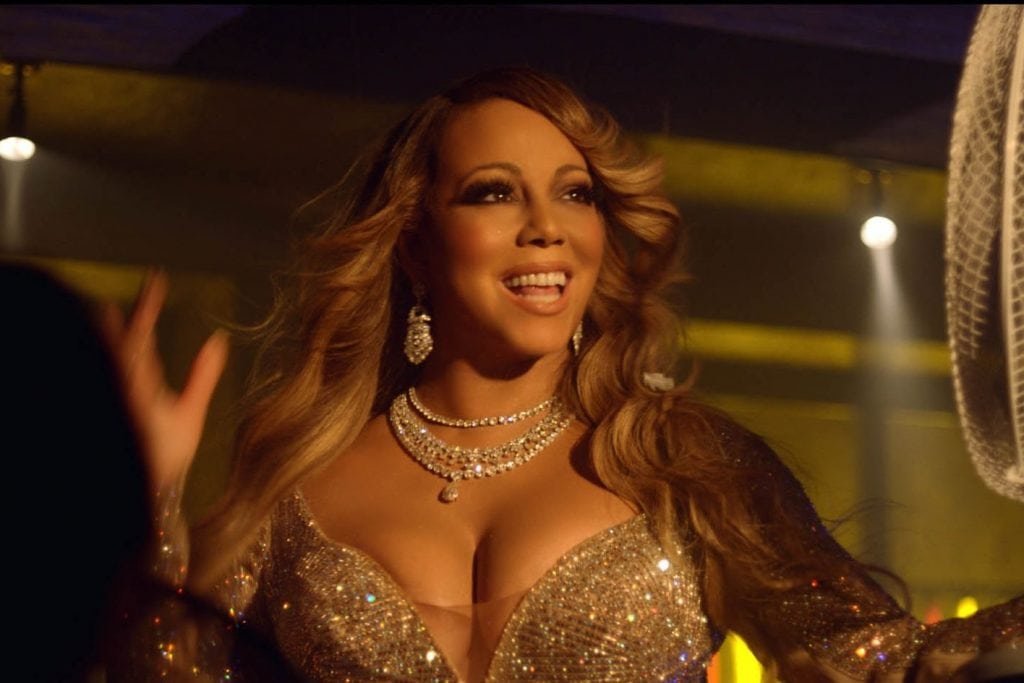Hostelworld's New Payment Options Show That It's Growing Up

Skift Take
Hostelworld Group is becoming more like its generalist online travel agency competitors following the introduction of two new payment options in the last 18 months.
Mimicking the likes of industry giants Booking.com and Expedia by offering non-refundable rates and free cancellations on certain bookings is a sign that the company is a growing force within the online booking world — at least at the budget end of the spectrum.
Hostelworld’s model in the past had been to make customers pay a deposit upfront, which the company would keep, with the rest paid upon check-in. But the new models offer more flexibility, CEO Feargal Mooney said.
The Dublin-headquartered firm introduced non-refundable offers during 2017, which are now available across more than 3,700 properties (around 10 percent of all properties on the site). It tested free cancellations during the first quarter of 2018.
“Last year we did introduce a new non-refundable rate, which effectively gives the hostels more flexibility because they can offer the same bed for sale at two different price points, particularly a slightly lower price point if the customer is prepared to commit to paying up front on a non-refundable basis and we’ve seen very good traction on that,” Mooney told Skift after the release of the company's annual results.
“We’re cognizant of the fact that customers who are booking at a longer lead time, may be less sure of their plans and may require that flexibility and a lot of the other more generalist OTAs [online travel agencies] already offer free cancellation. So we’ve done some tests on that and look it is early days but certainly in the tests that we’ve done we have seen some good traction particularly for those longer lead time bookings with the free cancellation model. So it’s something that’s we expect that we will roll out more broadly over the course of the year.”
Brand Building Pays Off
One area where Hostelworld is trying to distinguish itself is on marketing spend. In 2017, bookings from not-paid-for channels increased two percentage points to 63 percent, while marketing expenses as a percentage of net revenue decreased three percentage points to 38 percent.
The company has done a fair bit of work moving customers from other brands within the group (Hostelbookers, Hostels.com) in a bid to consolidate around the main Hostelworld brand.
Part of the plan has been to use well-known celebrities such as 50 Cent, Charlie Sheen and most recently Mariah Carey.
“It’s a combination of things. So I think certainly our brand is a big contributor to it and the changes we’ve made in our marketing strategy over the course of the last couple of years so we have increased our investment in brand advertising,” Mooney said.
“And [with] brand advertising we look at that initially to build brand awareness and more direct business but we also find it supports greater efficiency even in our paid search as well because more people are searching for the brand term rather than generic terms and therefore a particular brand term is less expensive than generic terms.”
The Results
Revenue rose 7.6 percent to $107.1 million (€86.7 million) with pre-tax profit up from $164,000 (€133,000) to $14.6 million (€11.8 million). The reason for the dramatic increase is that in 2016 the company booked an €8.2 million impairment charge on a write-down of the Hostelbookers domain names.
As far as the 2018 performance, the company expects booking growth but did outline a couple of potential problems.
“Market conditions, particularly in Europe, remain uncertain and while volume bookings in the first quarter of 2018 are in line with expectations, weaker exchange rates, particularly for the US dollar, remain a significant headwind,” Hostelworld said.
In a note to investors, analysts at Numis said they “believe the platform offers structural growth in an attractive niche of the global lodging market”.
Hostelworld's share price closed the day up 5.7 percent following the release of the results.




